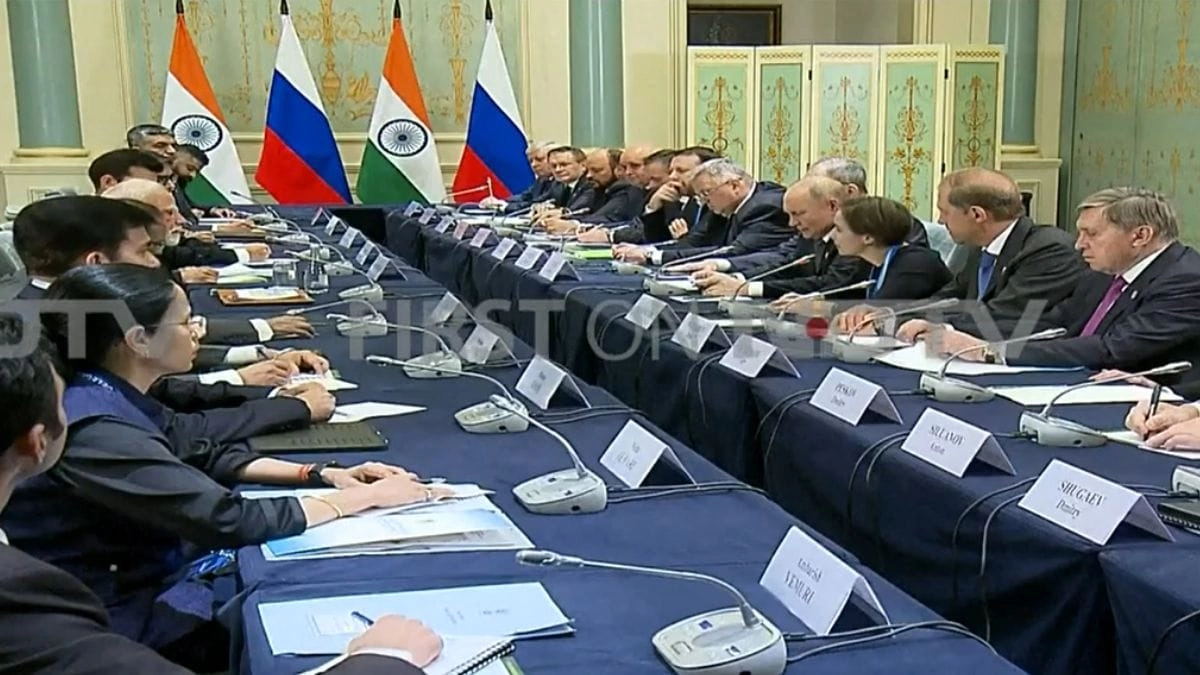Hamas has officially confirmed the death of its chief, Mohammed Sinwar, months after Israeli forces claimed to have killed him. This announcement marks a significant moment in the ongoing conflict between Israel and Hamas, as Sinwar was a prominent figure within the organization and played a vital role in its operations and strategies. His leadership has been characterized by a focus on resistance against Israel, and under his command, Hamas has continued to engage in various forms of conflict, including rocket attacks and military confrontations. This confirmation of his death could have profound implications for the organization, as it may lead to shifts in leadership dynamics and strategies moving forward.
The timeline surrounding Sinwar’s reported death adds layers of complexity to the situation. Israeli officials had previously announced that he was killed during an operation, but Hamas had initially denied these claims, indicating that he was alive and well. The eventual acknowledgment of his death raises questions about the internal and external communications within Hamas. It also reflects the ongoing challenges the group faces in maintaining its leadership structure amid continuous military pressure from Israel. Sinwar’s leadership has been pivotal in solidifying Hamas’s position in Gaza and its approach to the Israeli-Palestinian conflict, and his absence could alter the group’s future direction.
As the situation evolves, analysts will be closely monitoring the potential fallout within Hamas and its impact on the broader geopolitical landscape in the region. The leadership vacuum created by Sinwar’s death may lead to shifts in allegiances and strategies among Hamas factions, as various leaders vie for power and influence. Additionally, this development may provoke renewed tensions between Hamas and Israel, as both sides reassess their positions in light of this significant change. The repercussions of Sinwar’s death extend beyond internal dynamics; they also have the potential to affect the peace process and negotiations, as well as the overall stability of the region. In the coming weeks and months, the international community will likely be watching closely to see how this pivotal moment unfolds and what it means for the future of the Israeli-Palestinian conflict.




